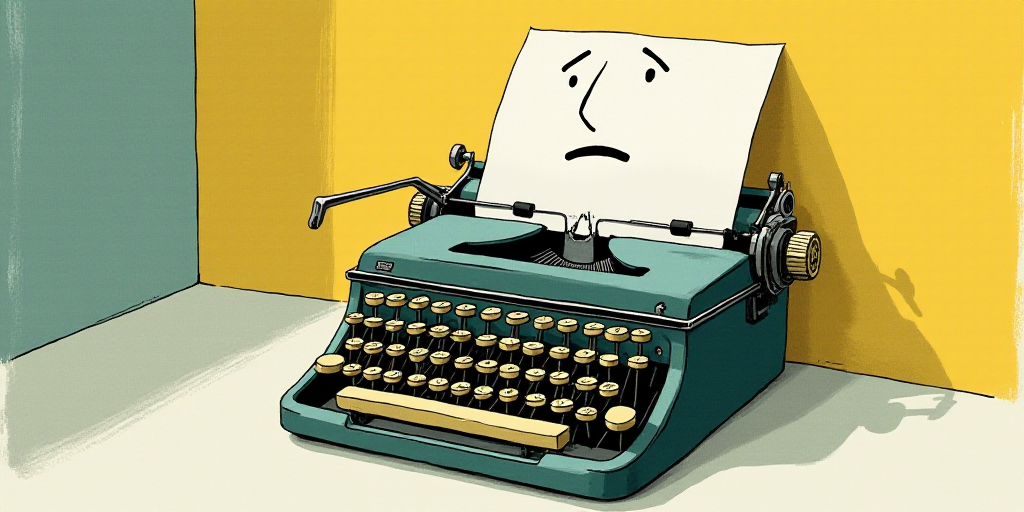Introduction to Carlos Salinas de Gortari’s Solidaridad Program
Carlos Salinas de Gortari was not the first president to channel resources towards “social development,” but he made it a central pillar of his administration. His Solidaridad program combined substantial public resource transfers to needy populations with the promotion of community organization among beneficiaries. The Solidaridad committees were established to oversee these initiatives.
Subsequent Presidents and the Shift in Focus
Following Salinas, subsequent presidents continued to allocate increasing resources to “social development.” However, under Ernesto Zedillo Ponce de León, the community organization component was canceled. This shift may have been due to concerns from political parties about Salinas creating an alternative party, Solidaridad. Ironically, the United Nations recommended that resource transfers to needy communities should be accompanied by efforts to foster community organization, ensuring beneficiaries were active participants rather than passive recipients.
From Social Development to Poverty Alleviation
Once the organizational aspect was abandoned, recipients of social development resources became mere budgetary targets. The focus shifted towards poverty alleviation, culminating in Andrés Manuel López Obrador’s (2018-2024) administration, which prioritized “combating poverty” and the slogan “first to the poor.”
Distinguishing Social Development and Poverty Alleviation
“Social development” refers to a government’s policies aimed at improving the living conditions of individuals within a society. These policies encompass aspects such as health, education, security, equity, inclusion, environmental respect, and employment. Success is measured by a substantial decrease in poverty, inequality, exclusion, isolation, vulnerability, and the establishment of social mobility for disadvantaged groups.
“Poverty alleviation,” as understood by recent administrations, implies indiscriminate resource transfers without evaluation or follow-up. This approach disregards the differences among recipients and incorporates a paternalistic narrative with questionable claims of social justice. This method erases decades of opposition efforts to prevent the PRI from claiming state resources as generous presidential concessions.
Limited Impact of Social Policies
Despite billions of pesos allocated to “social” policies since 1988, the benefits have been minimal. Numerous studies reveal corruption, ineffective targeting of the poorest sectors, underutilization, poor planning, and misapplication among the criticisms leveled by experts.
AMLO’s tenure worsened the situation, with excessive resource misallocation in poverty alleviation efforts and indications of program non-auditing and non-evaluation being used for political cooptation and resource diversion by government officials or parties.
Questionable Poverty Reduction Claims
Although some indicators show a reduction in the number of poor people, several considerations must be made. First, standardized methodologies should be defined and adopted, rather than those that politically favor the government. Secondly, salary increases might have reduced poverty numbers, but it’s likely that the number of vulnerable individuals has grown. This implies that the government is failing in areas like education, healthcare, housing, peace, etc.
While real salary increases and transfers have improved the situation for millions, this progress remains fragile. The government’s dwindling resources, along with inherited debt and deficit, restrict spending possibilities. For instance, the 2025 pension for the elderly only saw a 200-peso increase, less than 4%. Furthermore, stagnant or declining economies limit the prospects of continued salary hikes and job creation.
Conclusion: Managing Poverty, Not Resolving It
In summary, Mexico currently manages poverty through legal avenues rather than resolving it. The government’s efforts are insufficient to create lasting change and social mobility for disadvantaged groups.
Key Questions and Answers
- What is the Solidaridad program? The Solidaridad program, initiated by Carlos Salinas de Gortari, combined substantial public resource transfers to needy populations with community organization promotion.
- Why was the community organization component canceled? The cancellation likely stemmed from political concerns about Salinas creating an alternative party and the UN’s recommendation to foster community organization for sustainable impact.
- What are the differences between social development and poverty alleviation? Social development focuses on improving living conditions through comprehensive policies, while poverty alleviation prioritizes indiscriminate resource transfers without evaluation or follow-up.
- Why have social policies had limited impact? Limited impact is due to corruption, ineffective targeting, underutilization, poor planning, and misapplication of resources.
- Why are poverty reduction claims questionable? Claims may be misleading because they rely on non-standardized methodologies, and genuine poverty reduction might be overshadowed by growing vulnerability among the population.






